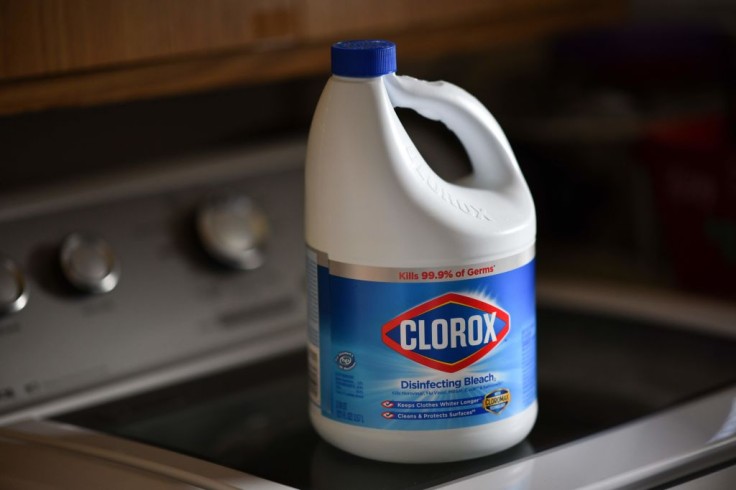
Unknown to many parents, there are a lot of common household products that may be poisonous to toddlers or kids under five years old, whose curious nature could lead to an accident.
Nikki Jurcutz, a parent and first aid expert, said that most accidents with poison ingestion or contamination happen at home, with young children the most vulnerable victims. She shared some valuable tips to help parents child-proof their house if they have naturally inquisitive kids.
Speaking with The Sun, the mom said that parents should never transfer their cleaning products to other packages as a precaution. If the children get exposed, it's easier to know exactly what it was because those from poison control will only need to look at the packaging.
Jurcutz also told parents not to refer to medicines as "treats" or "candies" because they will be more desirable to the children. She advised parents to place items for cleaning or grooming on higher shelves or cupboards so they would be out of the children's reach.
Here are some common household products that may be dangerous to children, especially toddlers:
1. Household Cleaners
Some homes may commonly store household cleaners in cabinets under the sink. If these cabinets do not come with a child lock, it's best to keep these on higher shelves.
Dr. William Banner from the Oklahoma Center for Poison and Drug Information told Integrisk Health that cleaning products do not often have toxicity labels. However, parents need to remember that any household cleaning product going through a drain must be considered toxic. This means that it should be disposed of and kept properly after each and every use.
2. Painkillers
The experts advise against storing painkillers by the bedside table, even if these are in child-proof bottles. Parents also need to keep in mind that if it's out of sight of the kids, it's out of reach. If the parents are taking the medication, they must also refrain from doing this in front of the children to discourage mimicking.
Additionally, Banner said that some medications formulated for children are still not 100 percent kid-safe if they try to ingest them in one go. Thus, these need to be under lock and key in storage spaces that the children will not be able to reach.
If there are expired medications, dispose of these properly. Banner does not advise flushing medicine down the toilet.
3. Essential Oils
Essential oils are not only toxic if ingested, some may even cause skin reactions if it's not applied in the correct manner. If parents use essential oils for aromatherapy, massages, diffusing, and vaporizing, they must keep them in properly locked containers to avoid unnecessary spilling and misuse.
Among the most popular essential oils is tea tree oil, used for many skincare or grooming routines, aside from aromatherapy. However, tea tree oil is too strong even for pets, so it should be handled and used with care.
4. Toxic plants
Having decorative indoor greens may help improve the room's atmosphere or ambiance, but some household plants are poisonous. For instance, lilies or daffodils may look pretty, but they may lead to stomach issues or irregular heartbeat if ingested, according to Better Homes and Gardens.
Some parents might think their kids will never try to eat plants. However, you'll never really know with curious toddlers until it's too late. Most plants also do not have any warning labels about toxicity, but it will help to learn about the plants first before buying and putting this inside the house.
Related Article: Parents Warned of Edible Marijuana Products That Look Like Popular Candies and Cereals